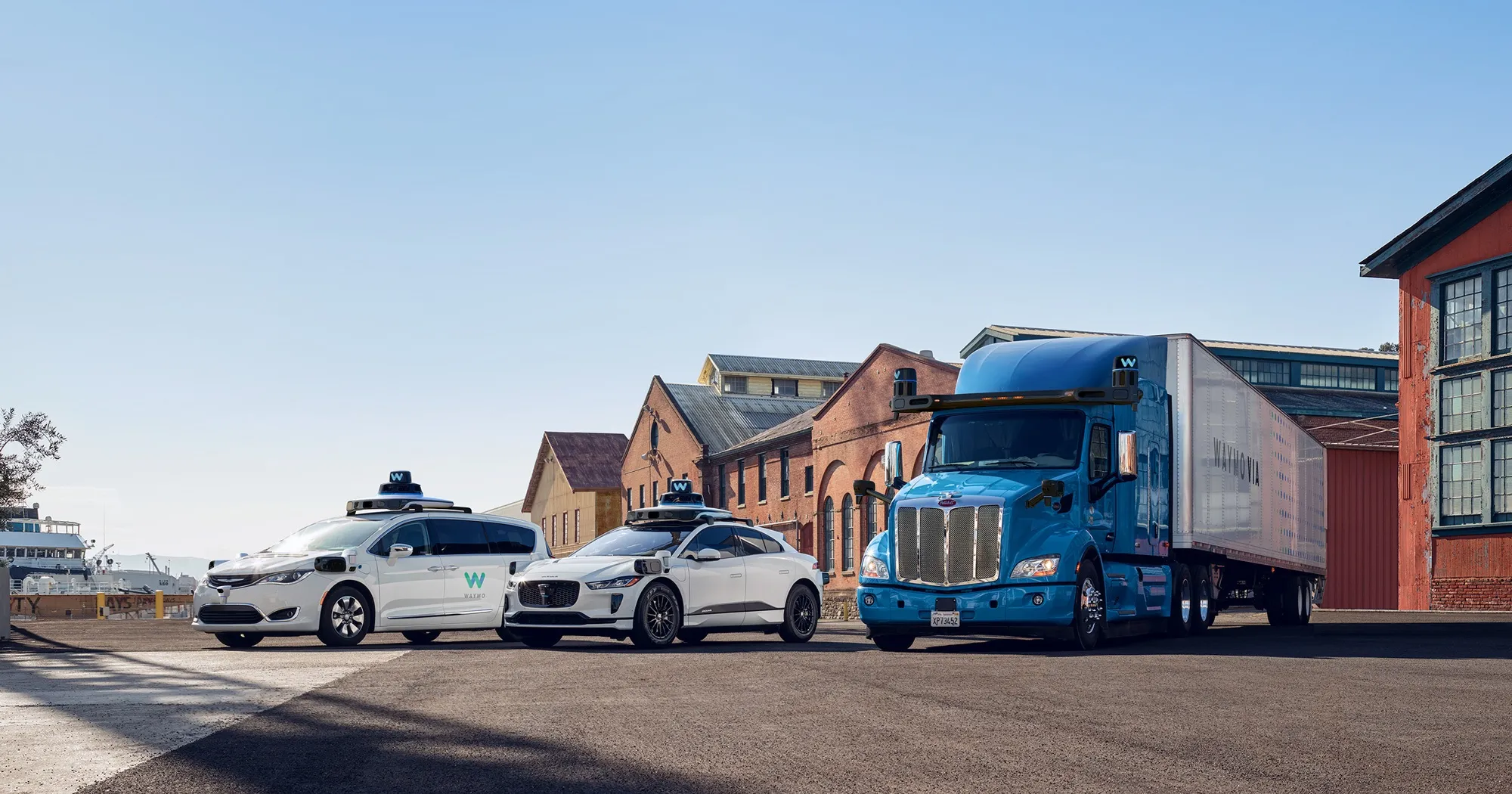
Waymo Via, which specialises in autonomous trucking, has partnered with Uber Freight in a move which it says will help scale up driverless goods movement.
Highlighting the driver shortage and rising demand for deliveries, Waymo says in a statement: "To help accelerate this autonomous future, we’re partnering with Uber Freight to connect our technology with their platform and deploy autonomous trucks across their network."
Waymo Via's autonomous solution will be connected directly with the Uber Freight platform for shippers to tap into - starting with trucks in Waymo’s test fleet.
The company says that carriers which purchase trucks equipped with Waymo Driver - its AV technology - through its Driver as a Service model will be able to opt in to Uber Freight and deploy these vehicles on the network.
"Waymo Via also intends to reserve billions of miles of its goods-only mileage for the Uber Freight network under this partnership, unlocking capacity at a time when shippers need it most and promising to meaningfully impact the industry long term," the statement adds.
Charlie Jatt, Waymo Via's head of commercialisation for trucking, says: “Uber Freight’s network of shippers, carriers and marketplace technology is a great match for the Waymo Driver."
"Through this partnership, we can empower carriers to fully utilise their investments in the Waymo Via solution through Uber Freight, and create a great experience for shippers, while keeping our focus on developing the core Driver technology."
Boris Sofman, the company's head of engineering for trucking, says: “Partnering with Uber Freight opens up really interesting opportunities for us to help scale the Waymo Driver. By combining the Waymo Via solution with the Uber Freight platform, we’ll be able to apply proven marketplace technology to help carriers dynamically deploy the Waymo Driver where it’s most valuable and most capable."
Lior Ron, head of Uber Freight, says his firm's "extensive, efficient and reliable digital network is essential to making autonomous trucks a reality".










